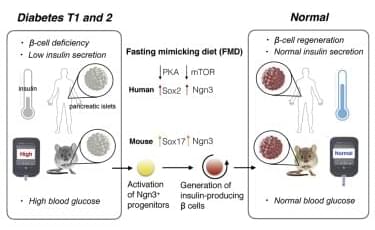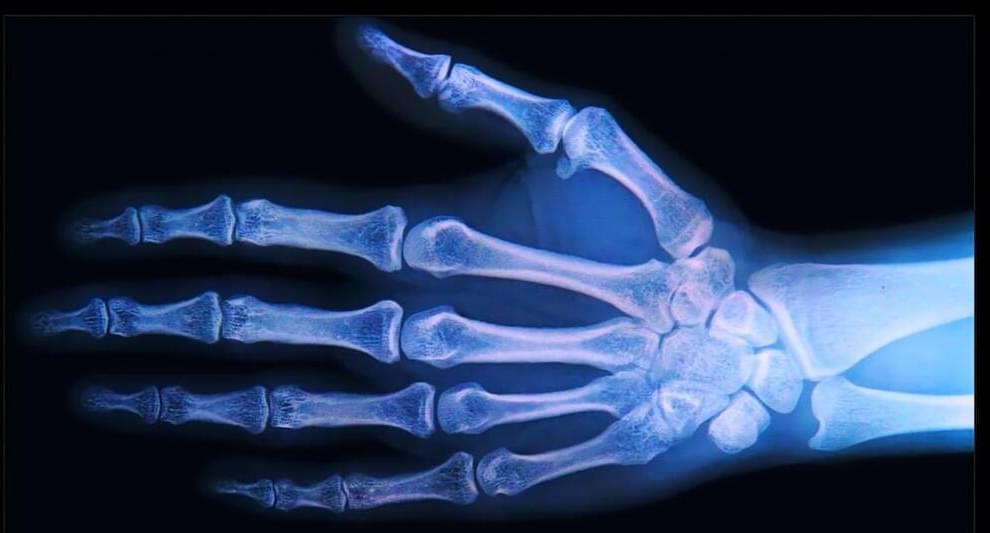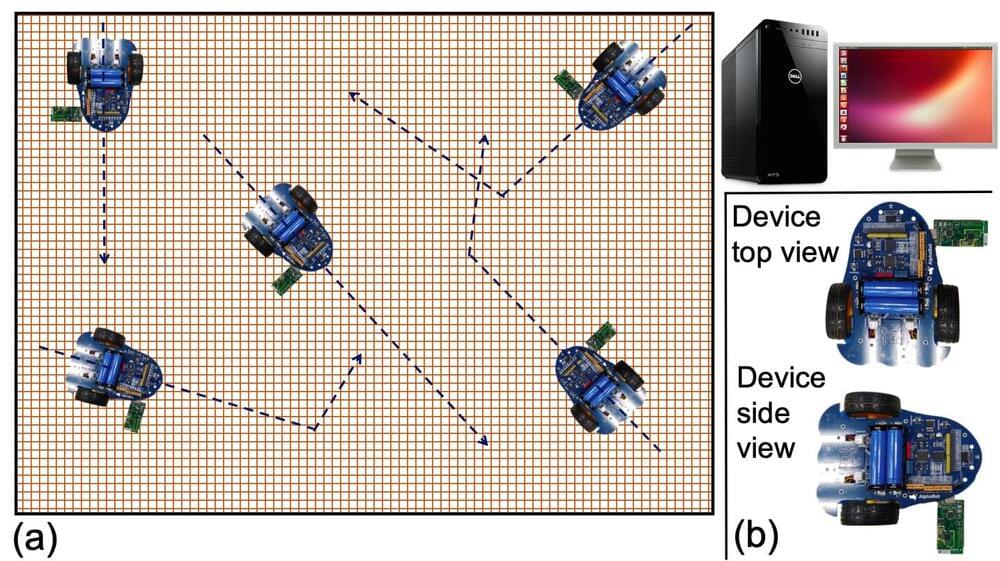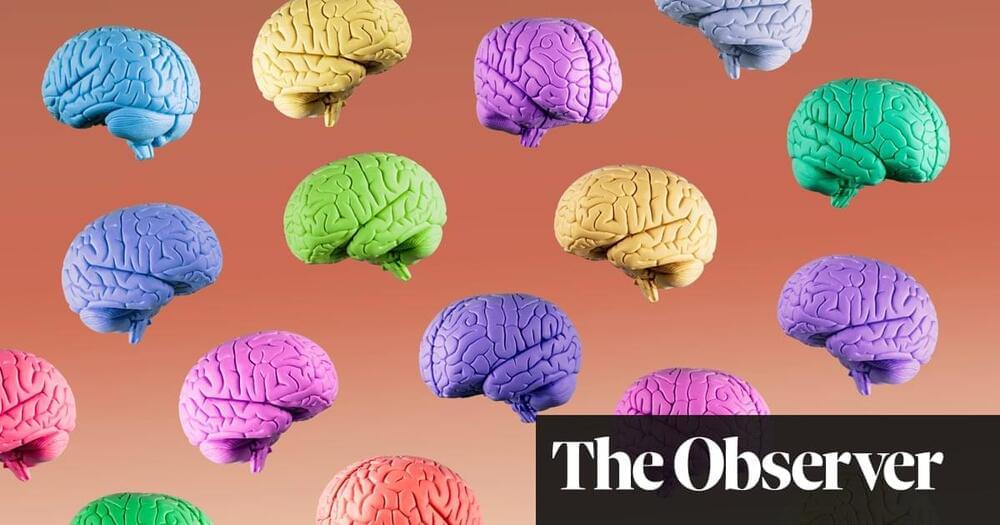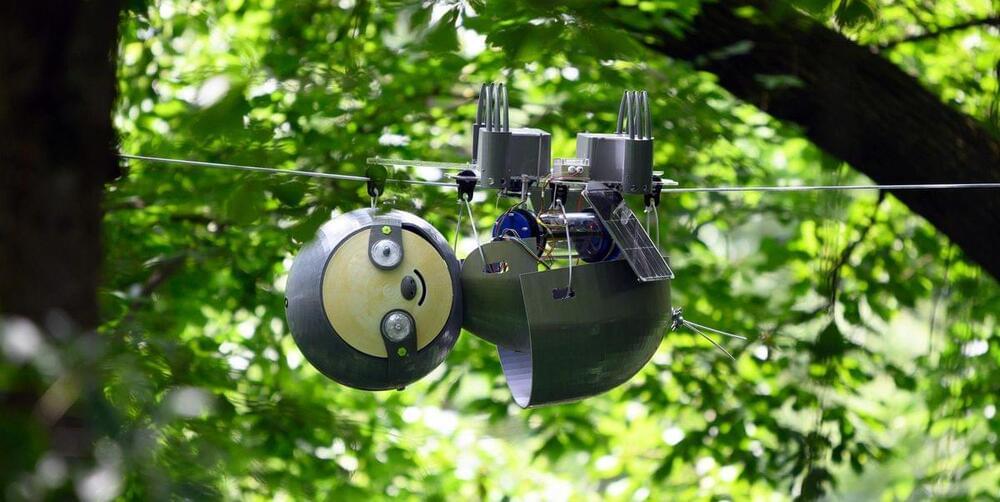Carbon-based organic micropollutants in water can be removed by treatment with high-intensity pulses of light in a procedure developed and demonstrated by researchers at KAUST.
This photodegradation process was already known to be feasible, but its use was limited by the long treatment times it required. Luca Fortunato, Thomas Anthopoulos and colleagues have demonstrated that this photodegradation treatment can be dramatically accelerated with high-intensity light pulses generated from a xenon flash lamp.
“An interesting aspect of this work is that we combined the expertise and technologies of two different fields,” says Fortunato. He explains that the collaboration between the two different research departments—KAUST’s Solar Center and Water Desalination and Reuse Center—allowed the team to adopt a pulsed light system that was previously used to process semiconductor materials for transistors and solar cells.


